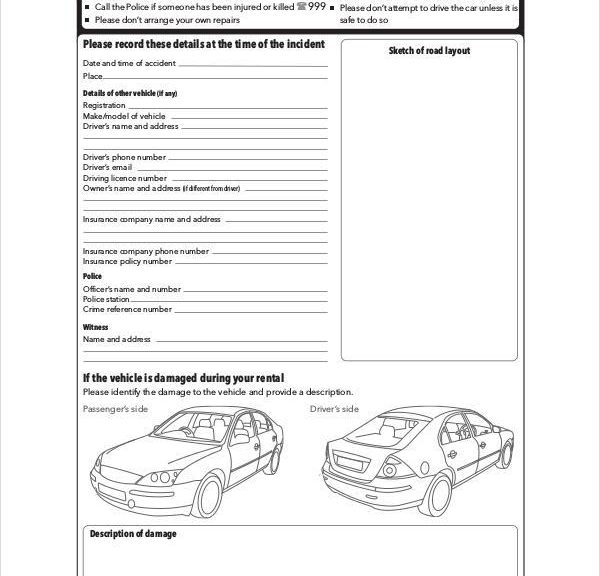
Stop car thieves in their tracks
Stop car thieves in their tracks
There are now measures you can take to protect against the enlargening menace of car-jacking, writes Daniel Attwood
Car crime remains a major problem in Ireland. According to the Seventh United Nations Survey of Crime Trends, which covers the period one thousand nine hundred ninety eight – 2000, Ireland is in the top ten countries for car crime, with Three.7 car thefts per 1,000 people. Adding to the concern is the increase in car-jacking, when thieves steal a car with its keys, often while the proprietor is stopped at traffic lights.
The rise in car-jackings has occurred because of enlargened vehicle security, which means it is increasingly difficult to steal a car without its keys. According to the most latest Garda Crime Statistics, there were eighty five reported hi-jacking offences, including car-jackings, out of a total of 12,339 vehicle thefts in 2003, three years earlier there were only 37.
While car-jackings are on the increase, the number of vehicles stolen here has actually been falling since 2000, when a record 15,964 vehicles were stolen.
Unsurprisingly, if you live in Dublin you are most likely to wake up to an empty driveway, with sixteen out of every 1,000 vehicles stolen in the capital. Worryingly, thirty seven per cent of all stolen vehicles are never recovered.
It’s a game of cat and mouse: when a fresh car security system is introduced, it is only a matter of time before thieves crack it. Vehicle immobilisers, which have been a legal requirement on fresh cars sold in the EU since 1996, were heralded as the best weapon against thieves.
But this has led to the car keys being stolen, either by car-jacking or, more commonly, by burglary.
To combat this, the latest post-theft vehicle tracking and driver recognition systems have arrived, and with them comes a fresh treatment to vehicle crime.
The arrival of these second-generation vehicle trackers means car owners, especially those with high-value and very desirable models, must rethink the way they regard their prized possession on their driveway.
Current advice is not to stand against when a thief comes looking for your car keys, instead, it is to observe your prized saloon be stolen, secure in the skill that the car is being tracked and the authorities made aware of the situation.
Even if the thief has the keys, the latest systems use secondary identifiers to confirm whether the person driving the car is authorised to do so. These secondary identifiers, known as ADR (automatic driver recognition) come in a multiplicity of shapes such as a credit card lookalike with a microchip inserted or, more commonly, the holder’s mobile phone. These identifiers are carried by the holder when driving the car. If both the keys and the secondary identifier are present, the vehicle’s security system is deactivated. If only the keys are present, the car can still be driven but an alarm will sound in a 24-hour monitoring centre and, following a checking procedure to ascertain if it is a genuine theft, authorities are informed and the vehicle is tracked.
One such system – Auto-txt – has just been launched. The system identifies a car as stolen if it is embarked with the keys but without the possessor’s Bluetooth mobile phone present. The vehicle is then prevented from restarting once turned off.
The manufacturer, UK-based Richmond Design and Marketing, says the system has been awarded Thatcham’s Category five accreditation, the highest insurance industry standard for stolen vehicle tracking systems.
That standard requires an extra security device to the keys to prove the driver is the car’s holder. The Category five rating also requests extra security measures such as a bombproof monitoring centre.
Another system available in Ireland is the Navtrak GPS tracking system that uses satellite monitoring and GSM technology, as well as a driver recognition system – in this case a micro-chipped card – to ensure that, as soon as a vehicle is stolen, the theft is reported and the vehicle monitored until its recovery by police.
Also awarded Category Five, this system will track a car to within one metre of its location anywhere across Europe and monitoring staff can alert the police force in their own language in whichever of thirty one European countries the car is found.
Its makers claim the system has loved a one hundred per cent recovery rate, as Brendan Conway from Navtrak supplier, RM Distribution, explains: “We have nine hundred vehicles on our books. Twenty-one have been stolen so far this year using the keys. All have been recovered within three hours, some within ten minutes.”
The advantage of this system is that it incorporates a remote immobiliser facility, which means that when the stolen vehicle comes to a standstill for more then two seconds, its engine is immobilised and cannot be restarted, even with the keys.